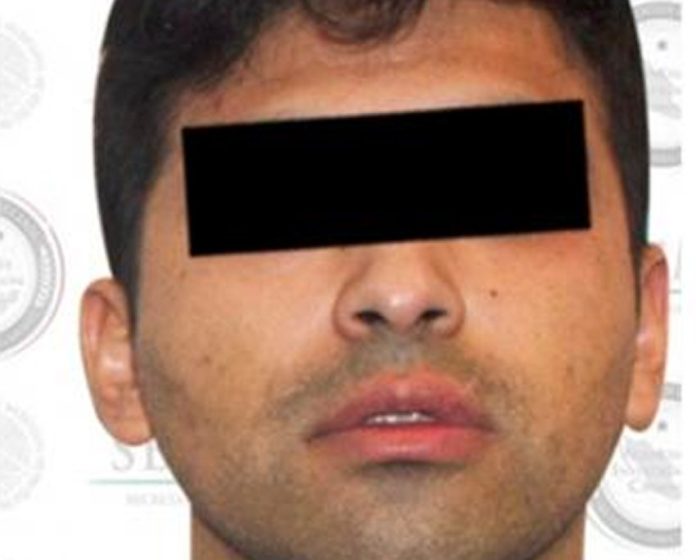The Mexico City government is urging victims of extortion to report the crime to authorities.
There were 6.6 million victims of extortion or attempted extortion in Mexico last year, according to the National Statistics Institute (Inegi). In Mexico City, criminals collect at least 483 million pesos (US $24.1 million) annually in cobro de piso payments, data from the business organization Canacope shows.
Three of every 10 businesses in Mexico City are targeted by extortionists for regular payments that allow them to continue to operate.
La Unión de Tepito, whose suspected leader was arrested this week, is believed to be one of the criminal groups that engage in the practice.
In an interview with the newspaper Milenio, Mexico City Mayor José Ramón Amieva called on all small businesses that have been targeted by extortionists not to be intimidated into silence but to file complaints with the city’s Attorney General’s office (PGJ).
The vast majority of extortion cases in Mexico — 97.4% according to Inegi — are not reported to authorities.
The mayor said the government, which only has a month left in office, is determined to combat extortion but “for that to be done, it is necessary to ask victims to report [the crime] and trust the authorities.”
Mexico City Attorney General Edmundo Garrido and police chief Raymundo Collins echoed Amieva’s call for businesses to report extortion and extortion attempts.
“The lines are open for shopkeepers and business people so that they can denounce [the crime] . . . We are constantly visiting [affected businesses] with investigative police,” Garrido said, adding that complaints are dealt with immediately.
“We’ve carried out operations in which several people have been arrested. We’ve worked on this matter and in a very prompt manner we have been attending to businesses in the whole city and also the general public.”
Although the incidence of extortion is high, the attorney general said that Mexico’s most notorious drug cartels have not set up shop in the capital to get in on the lucrative racket as they have done in other cities around the country.
For his part, Collins said he understood that people might be afraid to report extortion or lack faith in authorities but nevertheless urged people to come forward.
“If you . . . are threatened, come and tell me that such-and-such a man on the corner threatened you. We have the capacity to go and arrest him. But if . . . you’re not going to make a report, that man is automatically free. The law needs a report,” he said.
Collins also repeated Garrido’s cartel assertion, stating that “there are no cartels here [but] there are criminal groups.”
Source: Milenio (sp)
